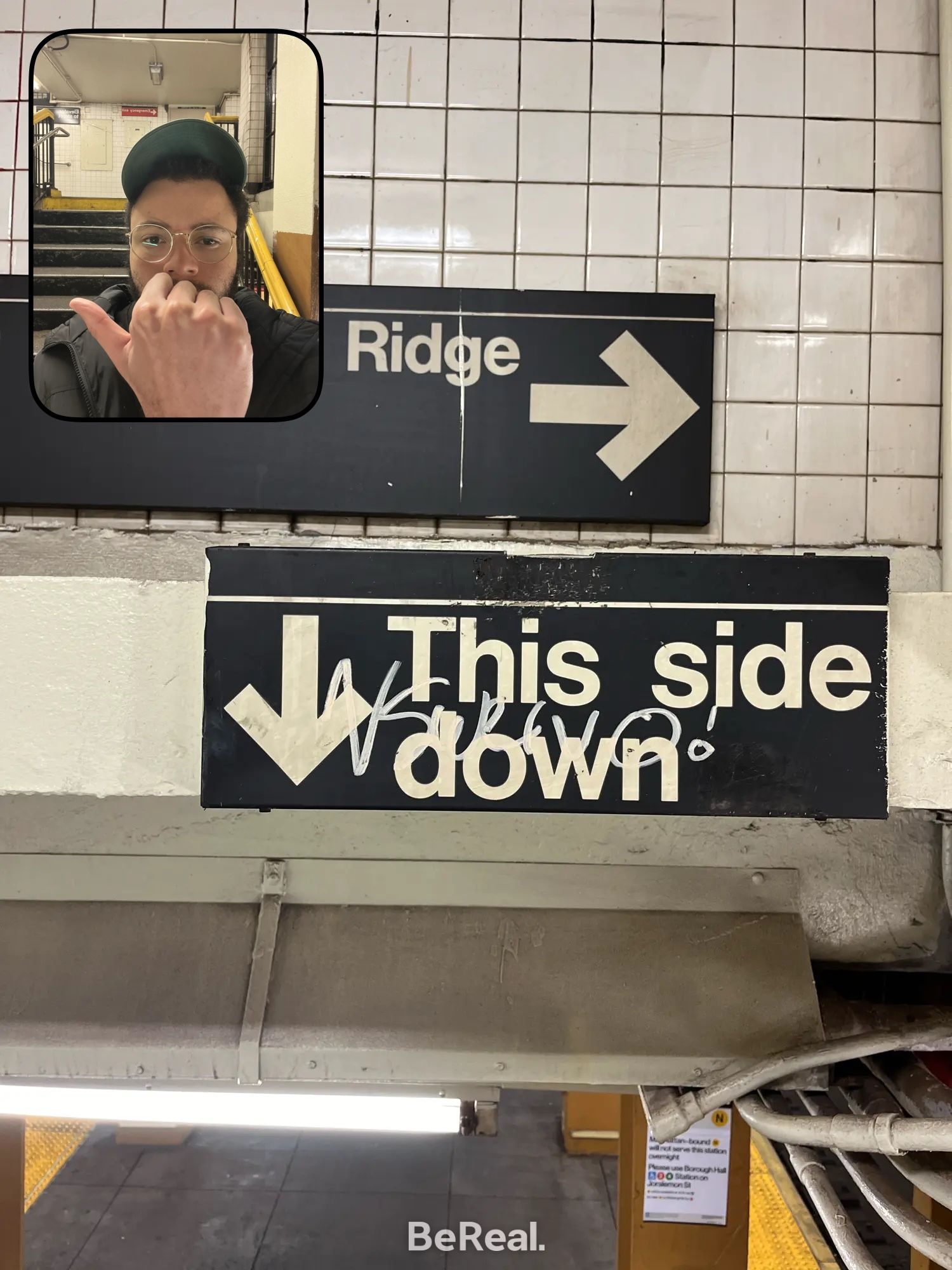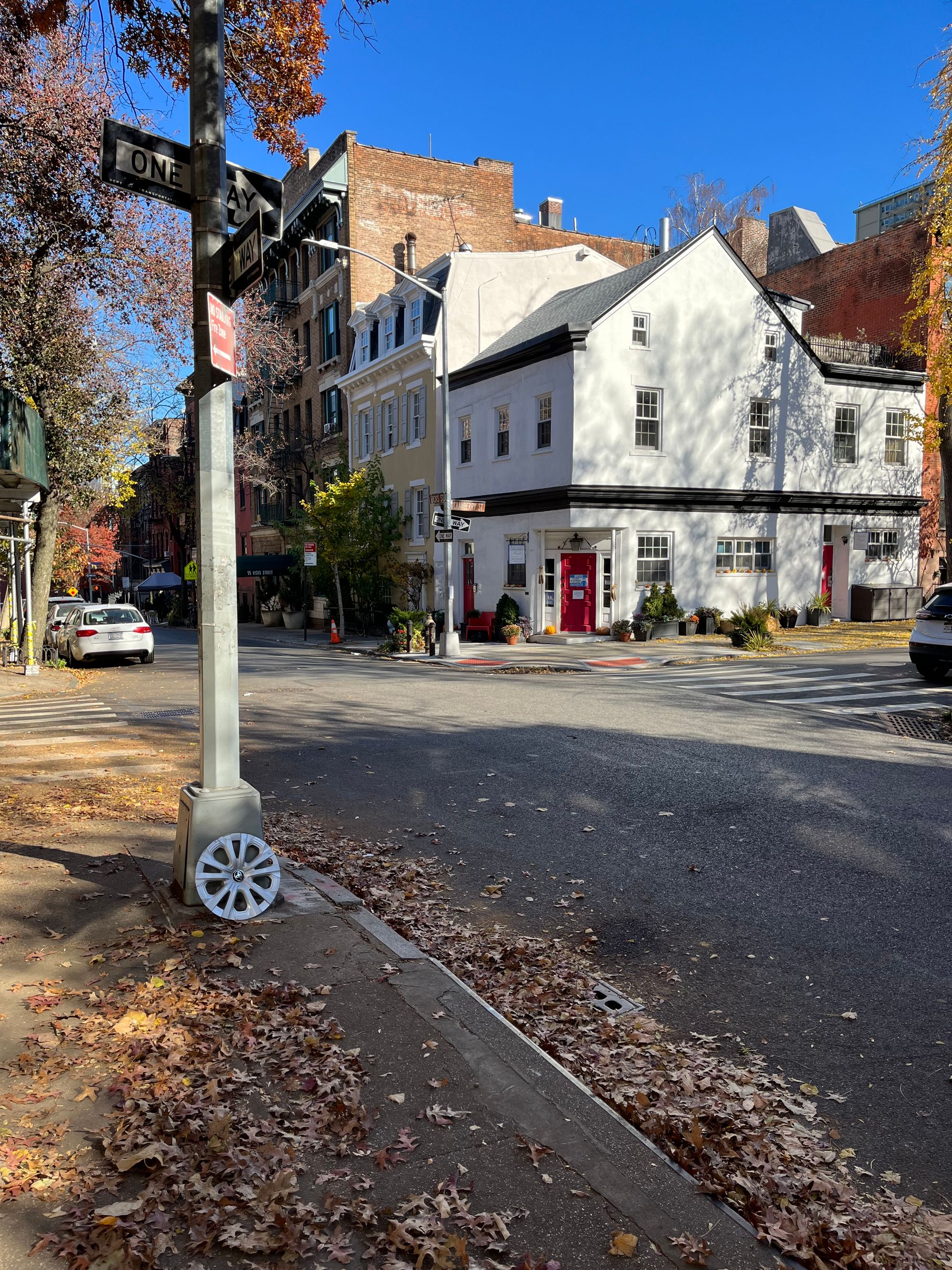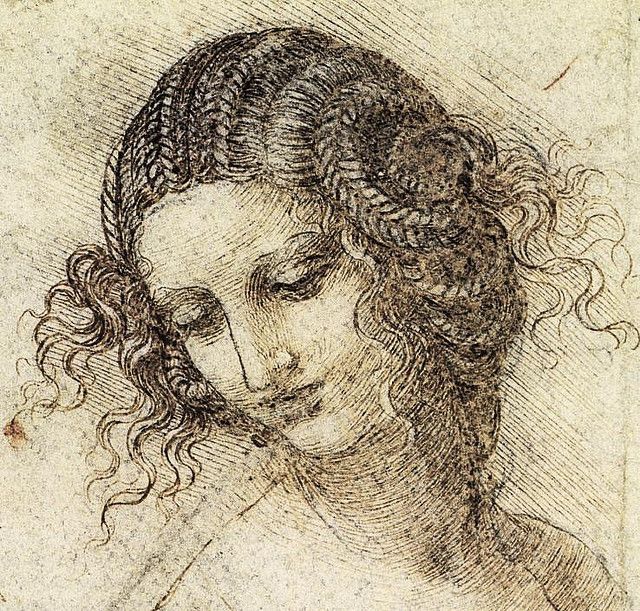November 20 2023
Music I'm Listening To
Pictures I Took



TV I'm Watching
Watch Virgin River | Netflix Official Site
Searching for a fresh start, a nurse practitioner moves from LA to a remote northern California town and is surprised by what — and who — she finds.
Watch Life on Our Planet | Netflix Official Site
Life’s extraordinary journey to conquer, adapt and survive on Earth across billions of years comes alive in this groundbreaking nature docuseries.
Watch Scott Pilgrim Takes Off | Netflix Official Site
Scott Pilgrim meets the girl of his dreams, Ramona Flowers, only to find out her seven evil exes stand in the way of their love.
Books
At Home in the Universe: The Search for the Laws of Self-Organization and Complexity
Stuart A. Kauffman
we left holism behind for ho-ism, amirite yall crickets
life was already whole from the moment it went from not living to living
Immanuel Kant, writing more than two centuries ago, saw organisms as wholes. The whole existed by means of the parts; the parts existed both because of and in order to sustain the whole. This holism has been stripped of a natural role in biology, replaced with the image of the genome as the central directing agency that commands the molecular dance. Yet an autocatalytic set of molecules is perhaps the simplest image one can have of Kant’s holism. Catalytic closure ensures that the whole exists by means of the parts, and they are present both because of and in order to sustain the whole. Autocatalytic sets exhibit the emergent property of holism. If life began with collectively autocatalytic sets, they deserve awed respect, for the flowering of the biosphere rests on the creative power they unleashed on the globe—awed respect and wonder, but not mysticism.
how early was the earliest natural selection? did such a thing know it was making a better choice, or did the environment make its choice for it?
Biologists divide cells and organisms into the genotype (the genetic information) and the phenotype (the enzymes and other proteins, as well as the organs and morphology, that make up the body). With autocatalytic sets, there is no separation between genotype and phenotype. The system serves as its own genome. Nevertheless, the capacity to incorporate novel molecular species, and perhaps eliminate older molecular forms, promises to generate a population of self-reproducing chemical networks with different characteristics. Darwin tells us that such systems will evolve by natural selection.
